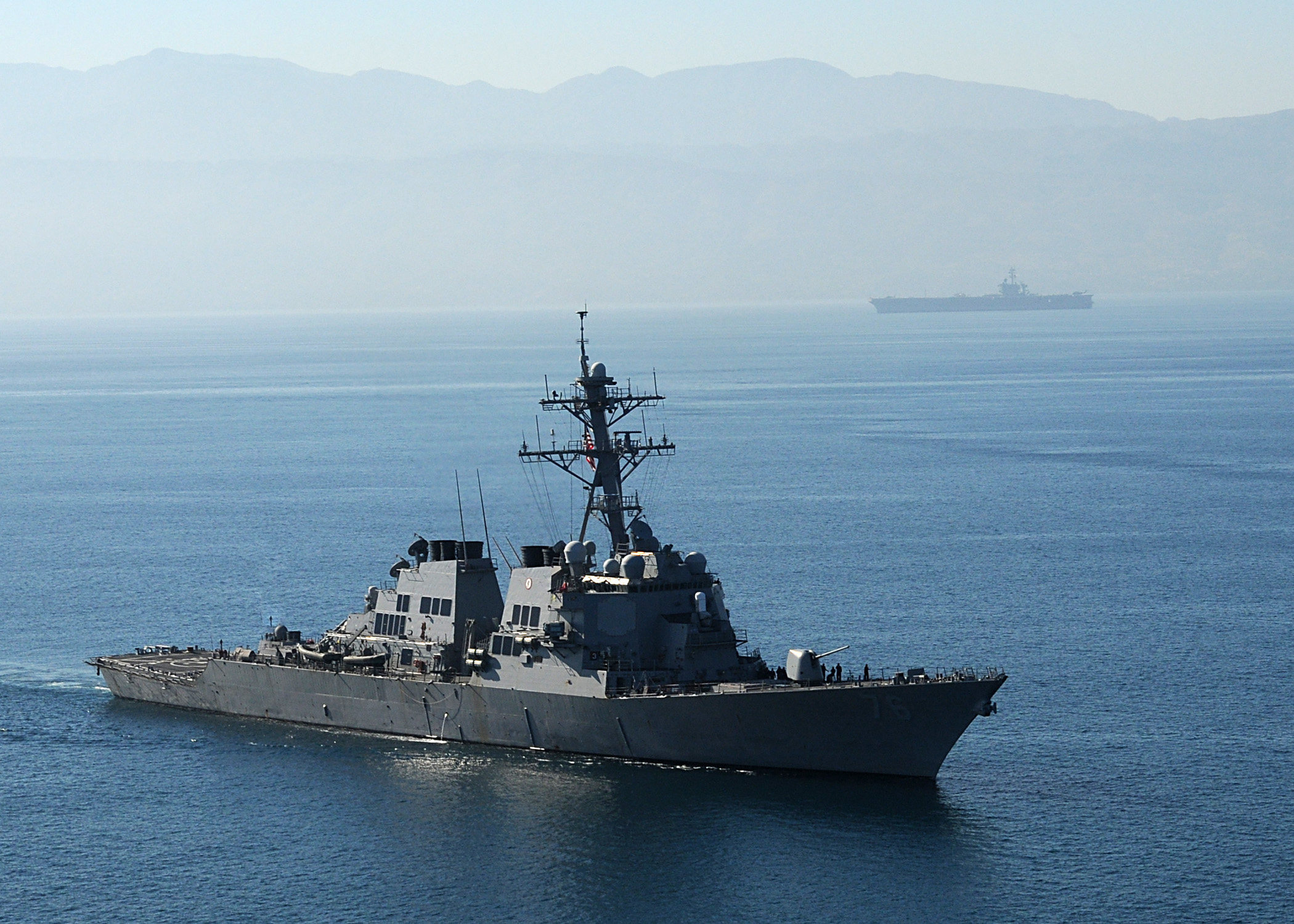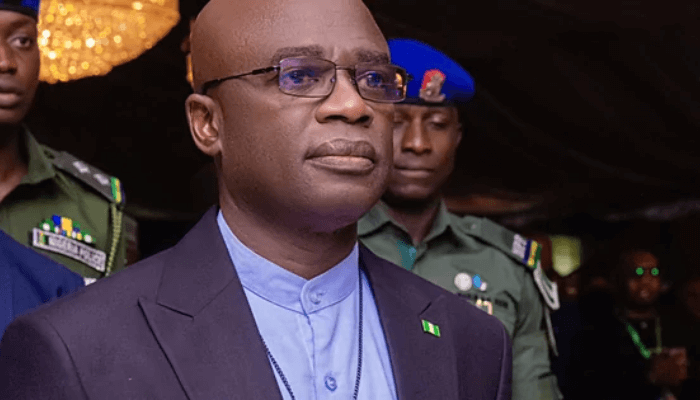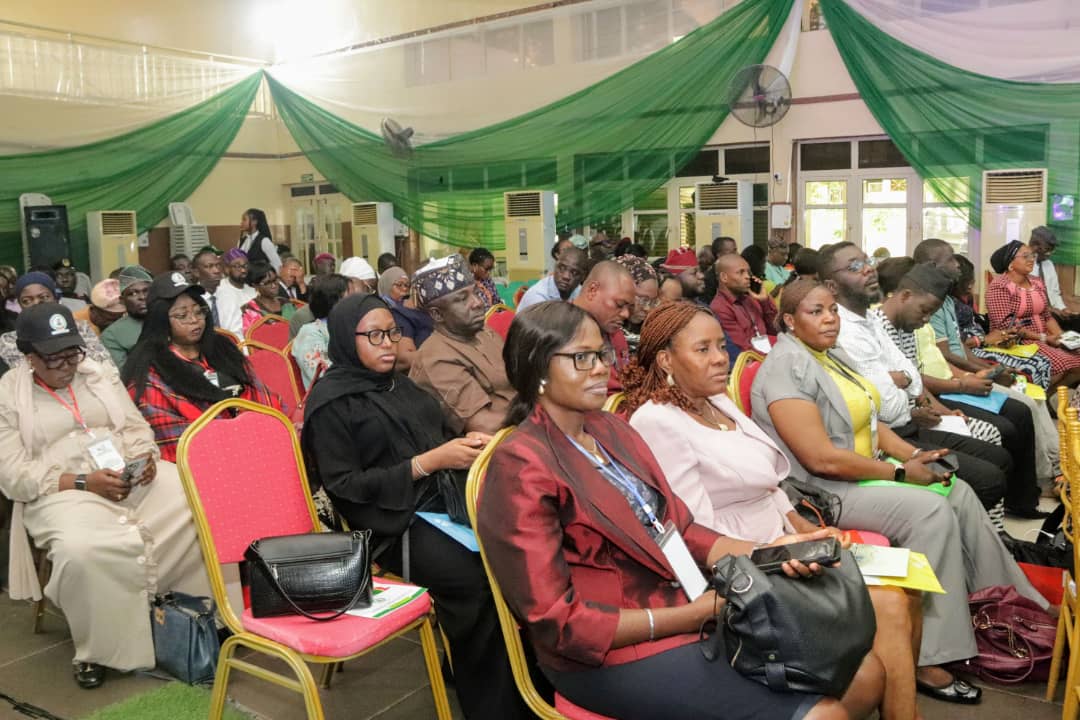By Meredith Chen
Copyright scmp

The United States has stopped issuing official statements about the passage of its warships through the Taiwan Strait since Donald Trump returned to the White House – a move some analysts believe is designed to dampen down tensions with Beijing.
Such transits were announced regularly while Joe Biden was president, but since Trump’s return there have only been three known operations.
Beijing has long complained about the “public hype” surrounding such operations, but despite the apparent low-profile retreat, some Chinese observers have described it as a “tactical” move with no substantive change in policy.
The US has also confirmed all three transits under Trump 2.0 when questioned by the media.
The most recent one took place on Friday last week, when the destroyer USS Higgins passed through with the British frigate HMS Richmond.
In response, the People’s Liberation Army accused the two countries of undermining peace and stability in the Taiwan Strait. But, in contrast to previous years when the US announced such operations as a matter of routine, the PLA did not complain about “public hype”.
The muted publicity reflects an attempt by Trump to “soften” the impact of such “gestures”, according to Zhu Feng, dean of the school of international studies at Nanjing University.
“Trump has consciously sought to avoid escalating confrontations with China on major flashpoints to prioritise his domestic policy agenda and create more room for manoeuvre and for public and political support,” he said.
However, this did not imply any substantive policy change, Zhu said, adding: “These adjustments are just tactical, and it is important for us to maintain an objective and clear understanding of this.”
He also said Taiwan – which last issued a statement about US naval transits seven months ago – knew it had to shift its broader policy in line with Trump’s, including the way it publicised such events.
Collin Koh, a senior fellow at the S. Rajaratnam School of International Studies at Nanyang Technological University in Singapore, agreed that the low-publicity policy was probably tactical.
“Something very nuanced is that if you don’t announce it, Beijing has no issue or has no reason to respond at all,” Koh noted.
“If you talk about it openly, which makes the Taiwan Strait sound special, you will undermine the status quo and Beijing would see it as a political signal in support of Taiwan and respond with the standard template of rhetoric [about ‘public hype’]”.
Koh said announcements on official US Navy channels might have been withheld due to rising tensions in the strait and as a “bargaining chip” for US-China talks by “removing potential irritants”.
But he added that if the negotiations faltered and “there is a clear pressing reason [for the US] to show tangible support to Taiwan”, then such announcements might resume.
But he also said that confirming the transits through the media, rather than official statements, might be a way of saying “we have done this, but we’re trying not to blow it up too much”.
The Taiwan Strait is one of the world’s busiest maritime shipping lanes, with hundreds of thousands of container ships passing through each year.
Transits through the strait by American and other foreign warships – which the US characterises as “freedom of navigation operations” – have long been a source of tension with Beijing, which sees it as a deliberate challenge to its position on Taiwan.
Although the exact number of transits cannot be confirmed, around 10 a year were reported during the Biden presidency.
According to China, these freedom of navigation operations have no legal basis and “seriously distort” international law.
Beijing sees Taiwan as part of China to be reunited by force if necessary. Most countries, including the US, do not recognise self-governed Taiwan as an independent state, but Washington is opposed to any attempt to take the island by force and is committed to supplying it with weapons.
“The current Trump administration understands that freedom of navigation operations not only fail to curb Beijing’s jurisdictional claims but can also provoke more assertive actions by the PLA,” said Huang Chung-ting, a defence analyst at the Institute for National Defence and Security Research, a think tank backed by the Taiwanese military.
Beijing insists no part of the Taiwan Strait is international waters, and has declared an exclusive economic zone in some areas.
Huang said the apparent drop in US freedom of navigation operations might be related to the increasing presence of non-Indo-Pacific US allies in the region and the expansion of joint drills.
But according to Isaac Kardon, senior fellow for China studies at the Carnegie Endowment for International Peace, “China has created a situation where the US is not honouring PRC [People’s Republic of China] restrictions on military activities in exclusive economic zones, but also not flaunting it as much as in the past.”
He also warned against over-interpreting the issue of US public statements, saying one possibility was the US wanted to send a signal only to those able to observe the transits.
“Without further information it is difficult to say with high confidence why there has been a recent dialling down of accompanying rhetoric,” he said.



